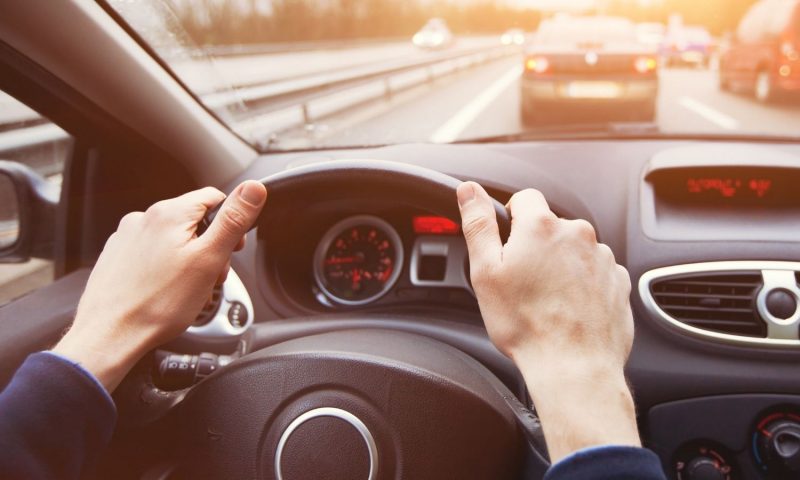Emotions often control how we drive. Knowing how your emotions change your driving habits and how to control them are imperative to your safety.
We may not realize it, but a lot of our daily actions revolve around emotions. Whether good or bad, our emotions can alter our actions and decision-making abilities. When it comes to driving, acting on negative emotions can be the difference between a disastrous accident or a safe trip home. There are many ways emotions affect your driving and many ways to control them, too.
How Emotions Affect Your Driving
Different emotions will affect our driving differently. For example, stress can be a major source of distracted driving by occupying your mind with thoughts other than the road. Anger can cause you to make rash and abrupt decisions on the road, like driving too fast or changing lanes too quickly. Fear often promotes overly cautious driving, where driving too slowly can become dangerous on a busy road.
Even positive emotions can become dangerous while driving if you aren’t careful. Being overly excited about good news or your plans for the day can result in speeding, just like anger. You may even end up paying less attention to little details on the road while you daydream about your plans.
How to Control Them
Controlling our emotions takes practice and patience. You’ll first have to be able to recognize your emotions and how they represent themselves in you. Once you recognize what emotion you are feeling, use these tips to better control your emotions behind the wheel.
Breathing Exercises
Practicing breathing exercises can relax your mind if it is racing with stressful, anxious thoughts. It can also give you a moment to calm down if you find yourself angry or overly excited. Taking deep and even breaths for 10 seconds can help to calm your emotions.
Control Outside Stimulants
Does the news on the radio stress you out, or is your loud music making you feel tense? Change the news station to a comedy station you can mindlessly listen to while driving, or find a calming playlist that will keep you entertained without distracting you.
Sleep
Of course, you can’t sleep while driving, but not getting enough sleep the night before can put your emotions out of whack. Always try to get plenty of sleep before a day full of driving.
Distracted driving, speeding, and missing the little details are a few examples of how emotions affect driving. Using breathing exercises, controlling emotionally charged stimulants, and getting plenty of sleep are a few examples of how to control your emotions.
